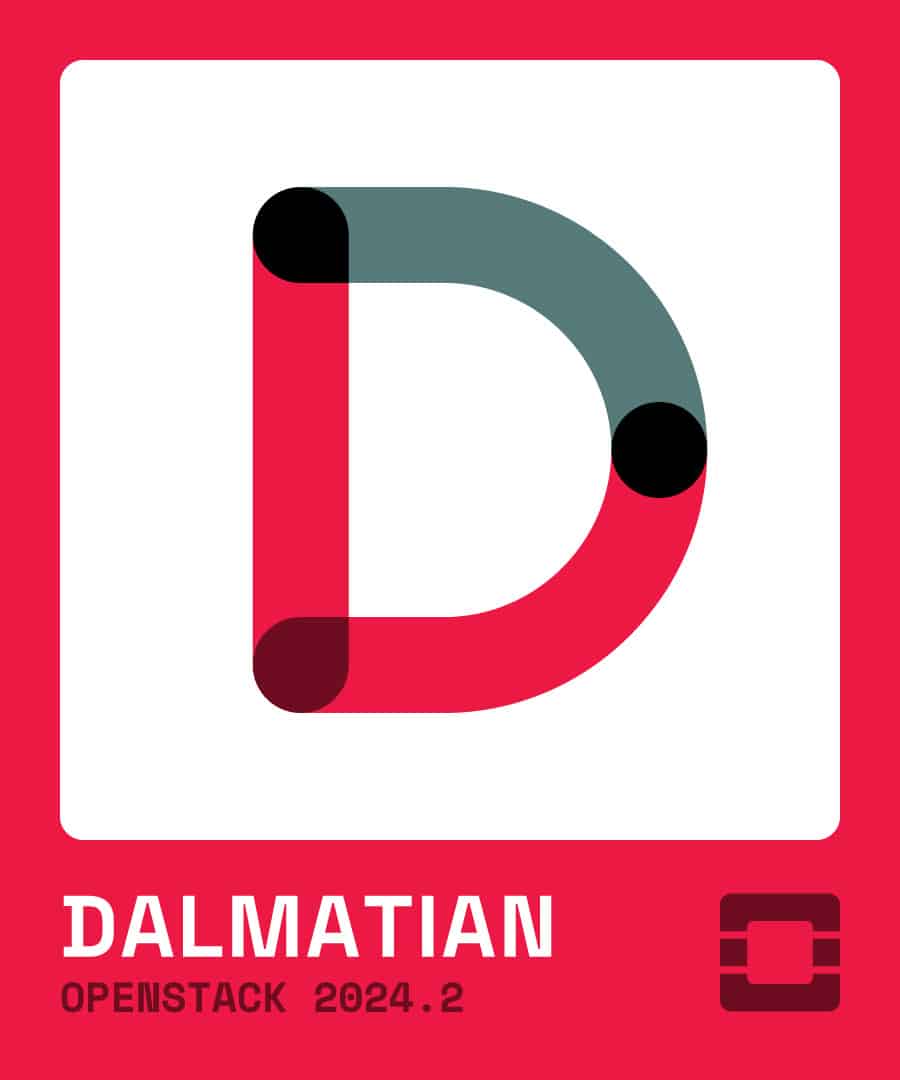As OpenStack continues to impress the market with an annual growth rate of 32%, they have a “non-SLUR” release for users itching to upgrade.
The OpenStack community has announced the release of OpenStack 2024.2 Dalmatian, marking the 30th version of the widely deployed open-source cloud infrastructure software. Dalmatian was developed with contributions from around 500 contributors representing organizations such as Red Hat, Cleura, Mirantis, Walmart, BBC R&D, Blizzard Entertainment, and NVIDIA. This latest version delivers key updates, including enhanced support for artificial intelligence (AI) workloads, improved security, and a better user experience, while also including numerous maintenance updates.

This release comes as the OpenStack market is experiencing significant growth. Its market value was estimated at $22.81 billion in 2024 and is projected to reach $91.44 billion by 2029 at a compound annual growth rate (CAGR) of 32%.
OpenStack Adoption and the Open Infrastructure Blueprint
OpenStack is seeing increased adoption, particularly as an alternative to VMware. It is well-suited for AI, machine learning (ML), and high-performance computing (HPC) workloads. A critical factor in this adoption is the software’s integration with Linux and Kubernetes under the “Open Infrastructure Blueprint,” which allows users to deploy container-based, virtual machine-based, and bare metal-based workloads within a single infrastructure.
OpenStack is widely utilized, with over 45 million cores in production, serving organizations of all sizes across various industries. Several “mega-users” are running deployments that exceed one million cores.
Thierry Carrez, general manager of the OpenInfra Foundation, highlighted the community’s commitment to evolving technological needs and integrating with diverse open-source tools and platforms. He also expressed gratitude to the nearly 500 contributors who made over 7,600 changes in the last six months, ensuring that OpenStack drives innovation globally.
Skyline: The Next-Generation Dashboard
Dalmatian introduces the full production-ready version of Skyline, a modern web-based user interface previously available as a technology preview. Skyline now supports key OpenStack components such as Masakari, Designate, and Firewall-as-a-Service (FWaaS) and offers translations in multiple languages. In August 2024, Rackspace adopted Skyline as part of its Rackspace OpenStack Enterprise service, replacing the previous Horizon dashboard. Skyline’s modern features and enhanced user experience make it the dashboard of choice for many users in the global ecosystem.
Enhanced Support for AI and HPC Workloads
The Dalmatian release brings significant improvements to AI and HPC workload management:
- Blazar now supports reserving compute instances based on existing Nova flavors, allowing users to reserve GPU instances.
- Nova supports persistent mediated devices for virtual GPUs (vGPUs) across host reboots, improving efficiency for users running AI training models.
These updates provide users with more control and flexibility in managing high-performance workloads.
Security Enhancements
Security is a major focus in the Dalmatian release. Notable improvements include:
- Ironic requires hashed rescue passwords, limits logged node information to protect sensitive data, and now mandates secure HTTPS communication between Ironic services. Ironic also facilitates firmware updates on active nodes, improving security patch management.
- Neutron has added manager role support to its APIs as part of the Secure Role-Based Access Control (RBAC) community goals.
- Nova automatically detects support for virtual Trusted Platform Modules (vTPMs) and enables Transport Layer Security (TLS) connections for SPICE consoles.
User Interface Improvements
OpenStack Dalmatian includes several usability enhancements designed to simplify system management, particularly for organizations transitioning from VMware:
- Ironic introduces runbooks, which allow project members to self-service maintenance tasks on nodes. Runbooks are curated steps associated with specific traits and follow RBAC rules.
- Manila now allows users to modify storage capabilities through shared metadata, with cloud operators able to control which capabilities are updatable. Users are kept informed about status changes via asynchronous messaging.
Simplified Upgrade Process
The OpenStack community simplified the upgrade process by adopting a once-a-year SLURP (Stable Long-Term Supported Release Process) upgrade cadence in 2022. However, OpenStack Dalmatian is a “non-SLURP release,” meaning it is an interim update available for those who prefer to upgrade on a six-month cycle.
Download the OpenStack Dalmatian release here.
Engage with StorageReview
Newsletter | YouTube | Podcast iTunes/Spotify | Instagram | Twitter | TikTok | RSS Feed
